Publication of a debut novel is an experience comparable with the birth of a first child. Literary gestation is normally a longer process, and delivery of a book is more deeply fraught. Here is some evidence that the labour can be worthwhile.
Asymmetry (Granta, £14.99) by Lisa Halliday, a young American now living in Milan, is a lopsided triptych of admirable erudition and stylishness — in effect, two novellas and a short story: a Manhattan romance, an Iraqi reminiscence of the devastation of Baghdad, and a BBC interview on Desert Island Discs.
In the initial, most enjoyable episode, Alice, an assistant editor of a New York publishing house, would like to move to Europe to write. In the meantime, how-ever, as an attractive 25-year-old of advanced intelligence, she happily succumbs to the blandishments of a ‘much older’ man she recognises as Ezra Blazer, a novelist of international renown. He is charming, rich, generous and still virile. She winsomely calls him a ‘cradle robber,’ and he equally unreproachfully calls her a ‘grave robber’.
They get along together just fine, even though his bathroom is a pharmacopoeia of painkillers for his backache. Halliday is moved to medical prolixity, and there are more surgical details of abortion than many readers will welcome. But Ezra, recalling advice he gave to a creative writing class in the past, tells Alice it is detail that ‘brings fiction to life’; and Halliday dispenses information in profusion and colour on a wide range of subjects — from love to classical music, delicatessen cuisine and the psychological effects of being detained at Heathrow for investigation of eligibility to enter the United Kingdom.
A Kind of Freedom by Margaret Wilkerson Sexton (JM Originals, £10.99) is an insider’s intimate account of how ‘people of colour’ in New Orleans struggle against white bigots and among themselves in attempts to achieve social evolution. Sexton is a young Afro-American who was born and brought up in New Orleans, studied creative writing at Dartmouth and law at Berkeley. She is a sensitive observer of the behaviour of her fellow natives of all classes, and reports their speech with wonderful fidelity, from the dignified formality of a black doctor to the crude colloquialism of street and jail.
This spicy gumbo of a family saga reveals all about three generations from 1944 to 2011, from wartime service when the US Army was racially segregated to the hardships caused by Hurricane Katrina and beyond. There has been gradual progress in the legal award of human rights: blacks are no longer compelled to sit at the back of the bus or on their own cinema balcony; but in periods of severe unemployment they still wait at the back of every queue. They are sometimes tempted to deal in drugs. Sexton eventually offers some glints of optimism, but not many.
The New Yorker described Who Is Rich? by Matthew Klam (4th Estate, £16.99) as ‘wondrous… a gem’, so I was prepared for sophisticated wit. Richard Fischer, the novel’s narrator, is a cartoonist and one-time successful comic-book artist, but there is nothing funny about his own life. Aged 42, he loves his 38-year-old wife, while mismanaging a frustrating adulterous affair with the unhappy wife of a frequently absent multimillionaire. With engaging candour, Klam portrays the vicissitudes of Rich’s poor domestic ménage in a Maryland suburb, under the financial pressure of a low income, high mortgage and other inexorable household expenses.
There are a daughter and a baby son — cutely named Beanie, who screams for food in the middle of the night. ‘Bad sex was better than nothing, but Beanie effectively ended the badness.’ Rich welcomes his annual summer week of escape from domesticity to lecture on the graphic novel at a college art conference in what used to be a fishing village in New England. There he falls unsatisfyingly in love.
Klam is a fine craftsman and an expert on American middle-class amorous failure. John Cuneo has decorated the text with cleverly grotesque drawings.
Half Palestinian, half Scottish, and a Londoner by upbringing, Anbara Salam researched theology for her doctorate —particularly apocalyptic death cults — and spent six months on a small island in the South Pacific. Then she was ready to write her first novel, Things Bright and Beautiful (Penguin, £14.99), a phenomenally disturbing international melodrama about a Christian missionary and his wife in agonising discomfort in a remote, superstitious society. The place and the people are quite different from the beloved South Pacific of story and musical.
When Max Henlon, the missionary, is sent from Boston to a religious community near Caracas, he encounters a simple-minded young Venezuelan called Beatriz — Bea for short — and marries her, to save her from committal to the local insane asylum. He goes next to evangelise Advent Island, in the New Hebrides, which, for both of them, proves to be hellish. In Bambayot, an inland village inhabited by eight primitive families ruled by a chief, the Hanlons live in a large shack known as the Mission House, close to a small church and a shed that serves as a hospital, with an amateurish nurse and no doctor.
In the torrential rainy season, the terrain, with mountains above and jungles below, makes travel on foot almost impossible. Everything is bad, and keeps getting worse: the diet, based on boiled rice, is polluted by rat droppings; there is a sort of club where men traditionally get drunk on kava; and the acolytes of the chief of another village, ‘a renowned sorcerer’, believe they undergo transformation into vampire bats at night and that it is their duty as ‘devil chasers’ to purify Hanlon’s church.
With consummate imagination and technical flair, Salam contrives a crescendo of queasiness that reaches a ‘tumult of madness,’ and manages to make Somerset Maugham’s ‘Rain’ seem like a picnic.
Got something to add? Join the discussion and comment below.
Get 10 issues for just $10
Subscribe to The Spectator Australia today for the next 10 magazine issues, plus full online access, for just $10.
You might disagree with half of it, but you’ll enjoy reading all of it. Try your first month for free, then just $2 a week for the remainder of your first year.

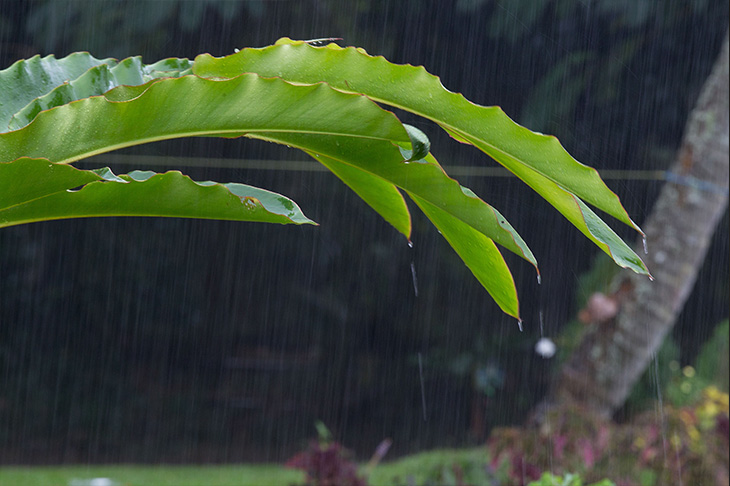
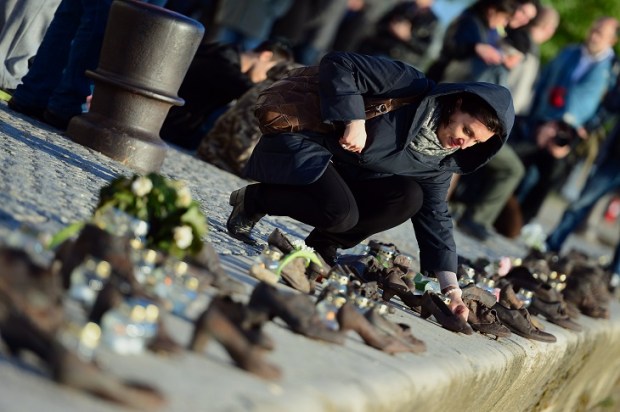
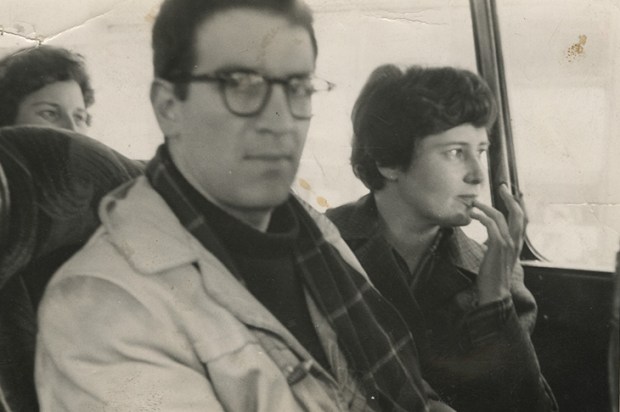
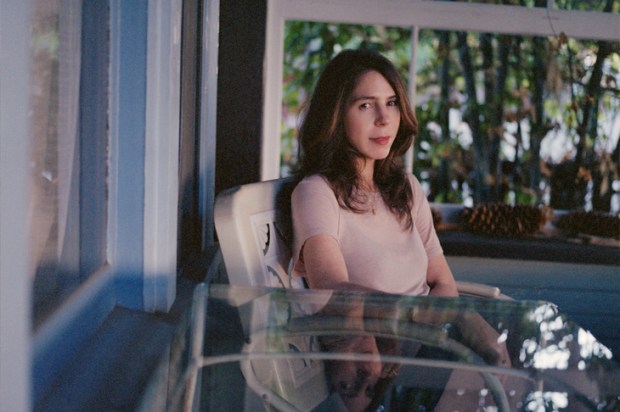
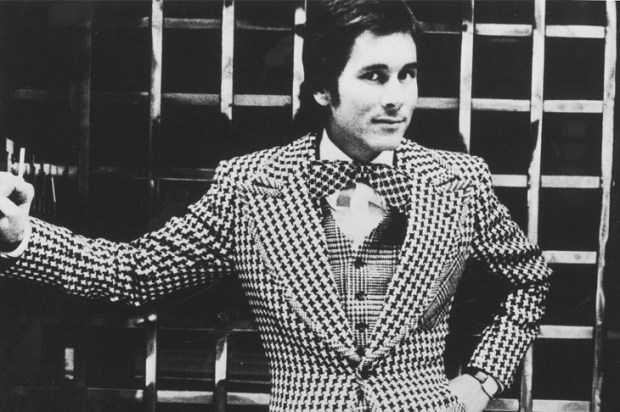
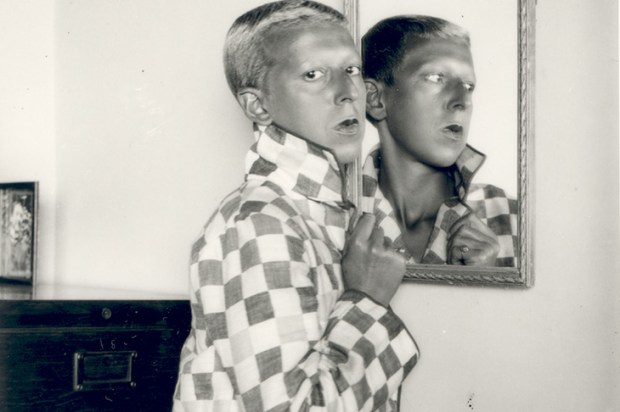
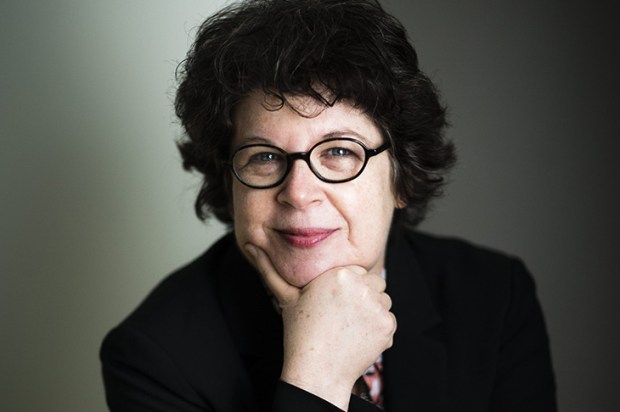






Comments
Don't miss out
Join the conversation with other Spectator Australia readers. Subscribe to leave a comment.
SUBSCRIBEAlready a subscriber? Log in